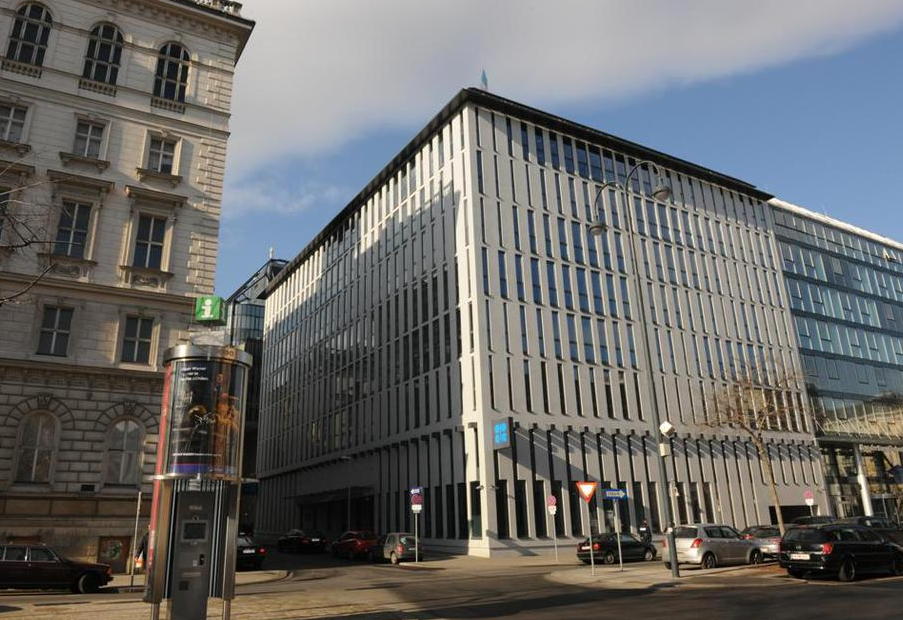
The oil and gas industry has cut $200 billion from investments this year as low prices discourage new projects, leading to cuts in crude supplies equal to half the daily output of Saudi Arabia, according to the kingdom’s Prince Abdul Aziz bin Salman.
Nearly 5 million barrels a day of projects have been deferred or cancelled, Bin Salman, who is also vice oil minister for Saudi Arabia, said in prepared remarks set to be delivered to energy ministers meeting in Doha Monday. Saudi Arabia pumped 10.38 million barrels a day in October, according to data compiled by Bloomberg.
Oil prices have dropped 42 percent in the past year as Saudi Arabia led the Organization of Petroleum Exporting Countries in maintaining production in the face of a global glut rather than make way for booming U.S. output. Supply from outside the 12-member group will start to decline next year, after oil prices near $150 a barrel in 2008 proved unsustainable, Bin Salman said, according to the prepared remarks.
Saudi Commitment
“A prolonged period of low oil prices is also unsustainable, as it will induce large investment cuts and reduce the resilience of the oil industry, undermining the future security of supply and setting the scene for another sharp price rise,” Bin Salman said in the remarks. “As a responsible and reliable producer with long-term horizon, the kingdom is committed to continue to invest in its oil and gas sector, despite the drop in the oil price.”
Energy companies will probably reduce investments another 3 to 8 percent next year, making it the first time since the mid-1980s that the industry cut spending for two consecutive years, he said.
The vice oil minister said the impact of the current price instability is not just confined to the oil sector as “the spillovers are being strongly felt in other parts of the energy complex, such as renewables and natural gas,” according to the prepared remarks.
The drop in non-OPEC supply will probably accelerate “beyond 2016,” he said in the remarks.
Spare Capacity
Oil demand is expected to be 94 million barrels a day this year, rising 1.5 percent from last year, with about 2 million barrels a day of spare capacity, mainly held in Saudi Arabia, he said in the prepared remarks. Growth in Asia’s demand may slow “by efforts to efficiency enhancement and oil substitution,” he said in the remarks.
“But the petroleum industry should not lose sight of the fact that scale matters,” with billions of people moving up into the middle class, the prince said in the remarks. The size of the world’s middle class will expand from 1.8 billion to 3.2 billion in 2020, and to 4.9 billion in 2030, with the bulk of this expansion occurring in Asia, he said in the remarks.
“Rather than being a commodity in decline, as some would like to portray, supply and demand patterns indicate that the long-term fundamentals of the oil complex remain robust.”
Recommended for you
